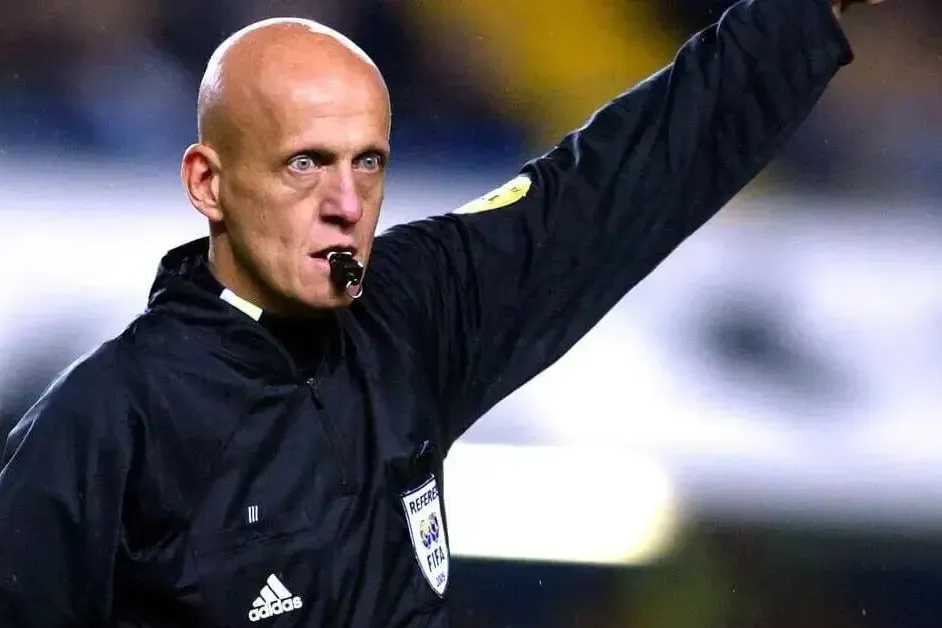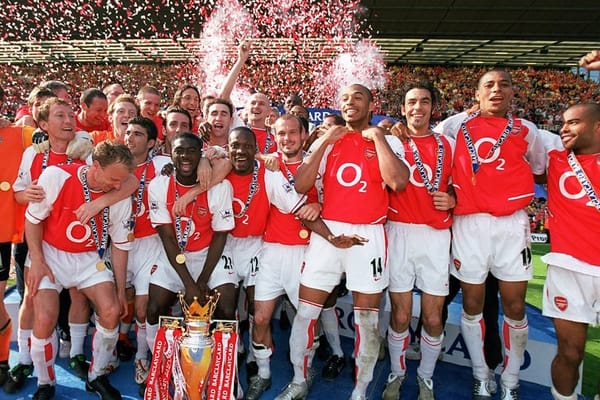Football-Related Idioms
Football is a source of some very useful phrases to use in everyday English

Key words
- Kick off: to begin something
The meeting will kick off at 10 AM.
- Move the goalposts: to unfairly change the rules or conditions
I finished my assignment, but my teacher moved the goalposts and asked for more details.
- Blow the whistle: to report wrongdoing or signal a stop
The journalist blew the whistle on government corruption.
- Score an own goal: to unintentionally harm oneself
By criticizing his boss in public, he scored an own goal and lost his promotion.
- On the ball: to be alert and quick to understand things
She’s really on the ball and always finishes her work ahead of time.
Comprehension Questions
- What does the idiom “kick off” mean in everyday life?
- How does “move the goalposts” describe an unfair situation? Can you give an example?
- What does it mean to “blow the whistle” on someone in real life?
- How can “scoring an own goal” be a negative thing in everyday situations?
Football is one of the most popular sports in the world, and many idioms in English come from it. These expressions are not just used in sports but also in everyday conversations. Learning football-related idioms can help you sound more natural in English. Here are some common ones:
Kick off
Meaning: To begin something.
Real-world example: Let's kick off the meeting with a quick introduction.
Football use: The referee kicks off the match at the start of the game.
Move the goalposts
Meaning: To unfairly change the rules or conditions of something.
Real-world example: I finished the project, but my boss moved the goalposts and asked for more work.
Football use: The coach moved the goalposts by introducing a new training routine right before the big match.
Blow the whistle
Meaning: To report wrongdoing or reveal something dishonest.
Real-world example: The employee blew the whistle on the company’s illegal activities.
Football use: The referee blew the whistle to signal a foul.
Score an own goal
Meaning: To do something that unintentionally harms yourself.
Real-world example: He scored an own goal by criticizing his manager in front of the team.
Football use: The defender accidentally scored an own goal when he misjudged the pass.
Keep your eye on the ball
Meaning: To stay focused on your goal.
Real-world example: If you want to succeed, you must keep your eye on the ball.
Football use: The striker kept his eye on the ball and scored a fantastic goal.
On the ball
Meaning: To be alert and quick to understand things.
Real-world example: She’s really on the ball and always finds solutions quickly.
Football use: The goalkeeper was on the ball and made a great save.
Football idioms are commonly used in both sports and daily life. By learning them, you can improve your understanding of English and sound more fluent in conversations. Try using these idioms in different situations to practice and remember them better!
Practice your English with football fans from around the world!
Discussion questions
- Do you have any questions about any of the vocabulary or grammar in this article?
- Can you think of any other football-related idioms in English? How would you use them in a sentence?
- Which of the idioms in the article do you find most useful in everyday conversations? Why?
- Have you ever experienced a situation where someone “moved the goalposts” on you? How did you handle it?

This article was written by Eddy
Improve your English communication skills by practicing with Eddy, a qualified and experienced native speaker.




